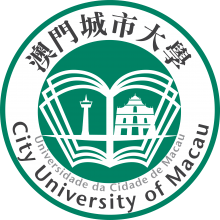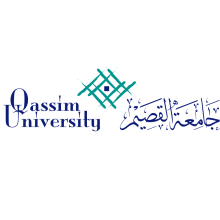关于 Istanbul University
Istanbul University can trace its origins back to 1453, when it was founded by the Ottoman Sultan Mehmed II as a school of philosophy, medicine, law, and letters. It has gone through many iterations since then, serving as a madrasah (Islamic theological school) and as an institution of higher education called the Darülfünûn (House of Sciences) in the 19th century, before being established as Istanbul University in 1933 after Mustafa Kemal Atatürk reformed Turkey’s education system.
Today it has 17 faculties – including the Faculty of Law, the Faculty of Dentistry, the Faculty of Medicine and the Faculty of Aquatic Sciences – as well as 14 institutes, two vocational schools, two schools, two departments, 75 research and application centres, and 263 student clubs.
The university's campuses are located in Beyazıt, Vezneciler, Vefa, Süleymaniye, Laleli, Horhor, Avcılar, Çapa, Gülsuyu, and Maslak. The Beyazıt Campus is located in the historic peninsula and its main gate is one of the symbols of higher education in Turkey.
There are over 63,000 students, 4,000 academics, and 6,000 administrative staff.
Istanbul University is the only university in Turkey whose alumni have been awarded two Nobel Prizes: the Nobel Prize in Chemistry in 2015 (Prof. Dr. Aziz Sancar) and the Nobel Prize in Literature in 2006 (Orhan Pamuk).
Istanbul University 的排名数据分析
对比大学重要统计数据
关键统计数据
- 61,369Number of FTE Students(1)
- 14%Array(1)
- 25.4每位教职员对学生数量(1)
- 56 : 44女生对男生的学生比例(1)
- 9%国际学生比例(1)
Istanbul University 的授予学科
Business & economics
- Business & Management
- Accounting & Finance
- Economics & Econometrics
Arts & humanities
- Languages, Literature & Linguistics
- Archaeology
- History, Philosophy & Theology
- Art, Performing Arts & Design
- Architecture
Physical sciences
- Physics & Astronomy
- Mathematics & Statistics
- Geology, Environmental, Earth & Marine Sciences
- Chemistry
Clinical, pre-clinical & health
- Other Health
- Medicine & Dentistry
Law
- Law
Social sciences
- Geography
- Communication & Media Studies
- Sociology
- Politics & International Studies (incl Development Studies)
Computer science
- Computer Science
Life sciences
- Biological Sciences
Psychology
- Psychology








